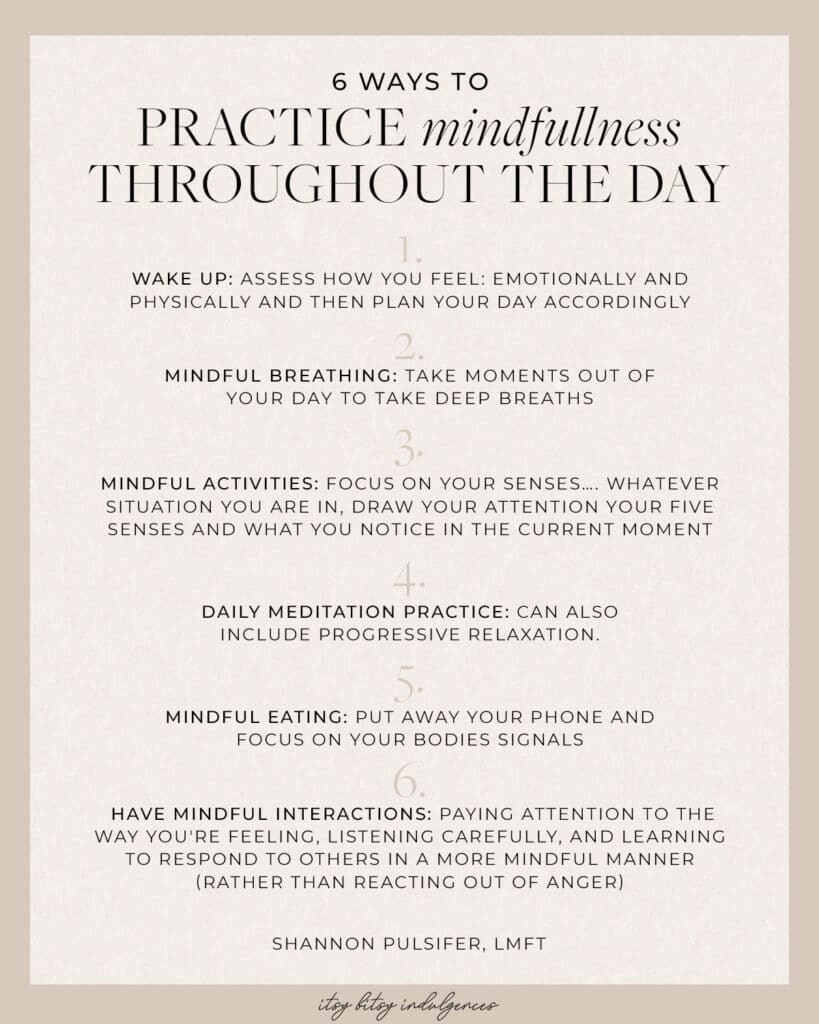I remember my very first day on my first job after graduate school. One of the senior clinicians (who was also a professor) was giving a site wide training on happiness. He opened up by showing all of us his brand new MacBook Pro computer he had purchased a week prior…. still fully wrapped, the packaging unopened. After a week, he still hadn’t opened the boxes. His reasoning was based on Hedonic Adaptation. In a nutshell, the theory says that the acquisition of any new item in your life (a computer, a form of praise, a new house, friendship, etc) can give a person an immediate boost in happiness… yet unfortunately, it’s short lived, and a decrease in happiness begins to occur (as one article put it, “adaptation to all things positive is essentially the enemy of happiness…). Applying that to the example above, the happiness he felt in the moment he purchased the computer will only diminish as he begins using it… to a point that the computer will no longer bring him that same level excitement and joy he initially experienced. The point of the exercise was to demonstrate that if external things can’t bring us permanent happiness, what can?
Happiness, as a general and broad concept, is something TJ and I have talked about a lot over the years. It’s something that I explored with almost all of my clients. It’s never possible to always be happy. Even the happiest of people have periods of sadness, frustration, fear, etc. The key is that these negative feelings are fleeting… not permanent states that take over…. and because the individual has a propensity for happiness, they are able to pull themselves out of the negative feelings.
In complete disclosure, I’m not the type of person who walks around all day, everyday, with a smile on my face (TJ and I joke that when he would stalk me in the computer lab in college he always thought I had slight RBF… resting B*** face….).I routinely, throughout the day, check in with myself to assess how I am feeling (I believe it’s so important to be aware of your feelings…). Over time, I’ve come up with five ways that I continually return to in order to cultivate inner happiness and I thought I’d share them here today…. and I chose the photo above because my hope is that, as a mother, I can help Harper to find, and cultivate, an internal sense of happiness throughout her life….
________
1. Internal vs. External Locus of Control: I used to talk about this with clients all the time… most of whom had an external locus of control. In essence, it’s a way to describe how you view life’s circumstances. Those with an internal locus believe that they have control over what happens to them, their happiness, as well as their success in life. Those with an external locus of control believe that what happens to them is due to chance, fate, and that they have little to do with it…. which often leads to a sense of learned helplessness (essentially feeling powerless, which can lead to depression). While there are difficulties that can arise when one has too extreme of an internal locus of control (I won’t go into those here), viewing your life as something you have some control over tends to lend itself to a happier disposition in life. The reason is because you feel as if you can directly impact your happiness by making different decisions/choices in your life… as opposed to seeing the bad things that happen as something you have no control over.
If I have an internal locus of control, and something bad happens to me (because, that’s life), I can say that I have control over how I respond and cope with this situation, and put an effective course of action in place…. as opposed to an external locus which would see the situation as bleak, and something that they have little control over. The ability to put a plan of action in place can help one feel as if they have more control, and impact, on their life.
I also want to note here that there are things that are, obviously, very out of one’s control…. traumatic events, weather, other people’s actions, etc…. and having an internal locus of control in these situations would more or less revolve around personal response to the situations, which we always have control over….
2. Being Present: The saying that “Depression lives in the past and anxiety lives in the future” is so true. When we ruminate about past decisions, and worry about what “might” happen in the future, we miss what’s actually happening in front of us. I’m so guilty of this, mainly in worrying about the future. There have been so many changes that have impacted my job with Facebook’s API changes (or more commonly known as the Cambridge Analytica scandal) that I’ve caught myself so many times worrying about the future… and completely missing the joy that is sitting right in front of me.
When I catch myself doing that, I return to the first point. I quickly scan what I actually have control over, and what I don’t, assess the plan I have in place to address what I can control (since most anxiety comes from what we can’t control… I can’t control what Facebook/Instagram changes occur, but I can control the content I put out on a daily basis….) and return to my present situation. It all takes a quick 5 minutes in order for me to pull myself back to the present situation.
Another effective way (probably the most) to become more present is to practice mindfulness… savoring each moment as it comes… whether that’s boredom, sadness, or happiness… because they will all come to pass and a new set of moments will present themselves.
3. A Regular Practice of Gratitude: Research proves this time and time again, but having a regular practice of gratitude correlates with higher levels of happiness. You could be the richest, most successful person in the world, and without a sense of gratitude you’d always be unsatisfied because you want “more.” Gratitude is being able to find pleasure in your current situation (this is a really great article on 8 benefits of gratitude). For me, I try to write down five things, at the end of each day, that I was grateful for. Sometimes, when it’s been a particularly challenging day, my five things are small (i.e. grateful for TJ who does that dishes….) and enables me to see that even in the hardest days there are still good moments. On really good days, those five things are much easier to find. Good or bad day, it’s important to be able to find something that makes you appreciate the small things, and appreciate the life you have.
4. Hobbies + Past-times: Let’s face it, it’s not always possible to turn your hobby into a career. That being said, having hobbies + past-times that fill your bucket can help to create a sense of internal happiness. Art, photography, golf (or other intramural sports), hiking, traveling, etc…. can all help to give an individual a sense of happiness. When I take Harper to the zoo, I frequently see older individuals, in their retirement, walking around taking high-tech photos of the animals… or sitting in the aviary section with their binoculars, simply observing the birds. I always note how peaceful and content they look… which is the thought I have behind this point….
Pursuing that which brings you joy is not selfish, rather it builds self-esteem, self-confidence, and a sense of accomplishment… all which help to contribute to elevated feelings of happiness. I choose working out + reading as a way to fill my own bucket and help me feel accomplished.
5. Stop Comparison: It’s literally the thief of all joy. Whenever I go there, I can feel any sort of happiness zap away. Literally. I always see gratitude as the antidote to this one. I also find that being genuinely happy for another individual’s successes, and not seeing them as taking away from my own, as another way to avoid comparison. It’s more of a “I’m happy for their success, and proud of the ones I have as well….” It doesn’t have to be either-or and when I take that perspective, I feel much better…..
_________
While I know there are many other ways to cultivate an internal sense of happiness, these are the five ways I’ve found to be most helpful. This is just a brief outline of each point, but the internet is filled with excellent articles that can further discuss the impact of each in more depth, if you’re interested.












